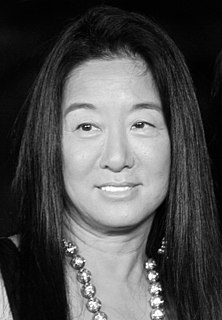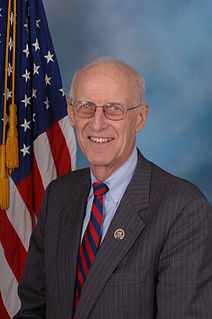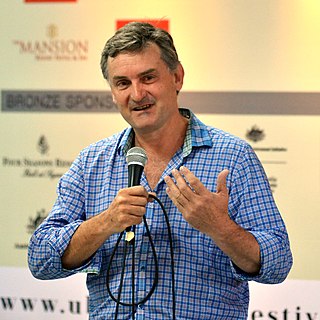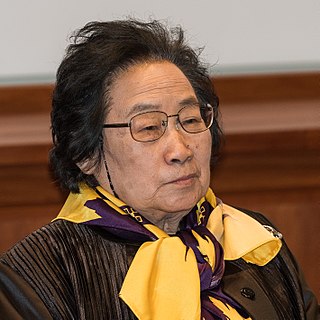A Quote by Gough Whitlam
Hostility towards China distorted Australia's international affairs for 20 years until 1972, but reconciliation with China 30 years ago had produced a quarter century of constructive bipartisan relations with our region and the world, unmatched in Australian history.
Related Quotes
I think there's going to be a real push in the next two years in Asia - China and Korea specifically. And that's a huge undertaking. Ten years ago it was impossible to break into that part of the world. Some of the biggest companies in the world found it challenging. But I am Chinese-American and I think what we do will resonate in China. So that's where we see our biggest opportunities going forward. I do speak Mandarin and I also relate to the hunger that China has for culture and architecture and style.
I have been observing China for more than 30 years and am impressed how logically and wisely it tackles its problems. Obviously the international system could be unbalanced by China's rising power - if we don't prepare ourselves for the new competitive situation, that is. But it is an economic challenge, not aggression on the level of Hitler.
I find Chinese debates about their political system domestically, but also about China's claims in the international system, to be among the most original and surprising and exciting of our time. The starting point is a system that none of us had anticipated, which I call Leninist capitalism, but also obviously because it is the most important emerging power. The question of China's relations with the United States in particular, and the rest of the world in general, is the question of war and peace in the 21st century.
Ronald Reagan, when he was campaigning for President, said that he would break relations with Communist China and re-establish diplomatic relations with Taiwan. But when he got into office, he pursued a very different policy of engagement with China and of increasing trade and business ties with China.








































